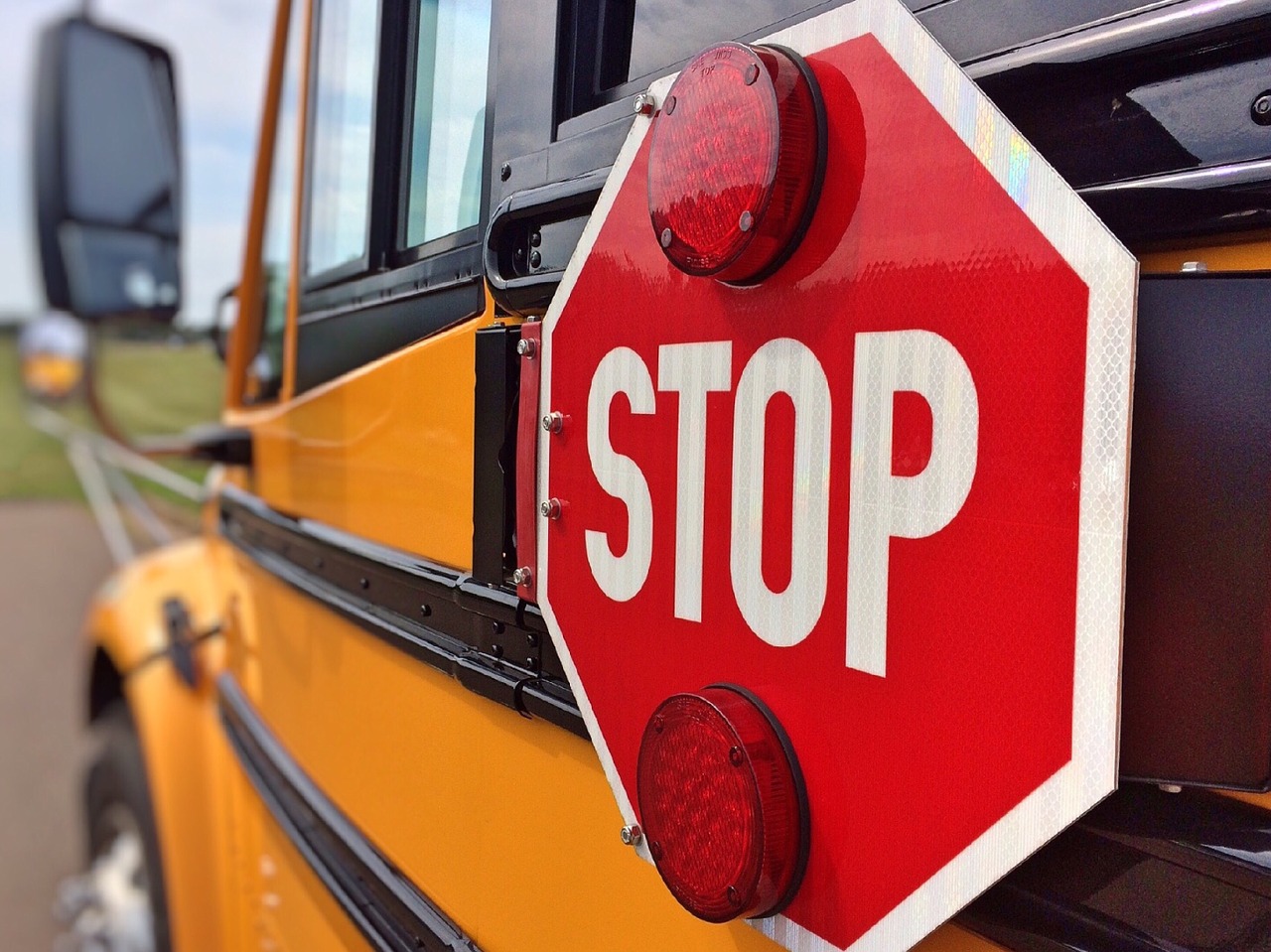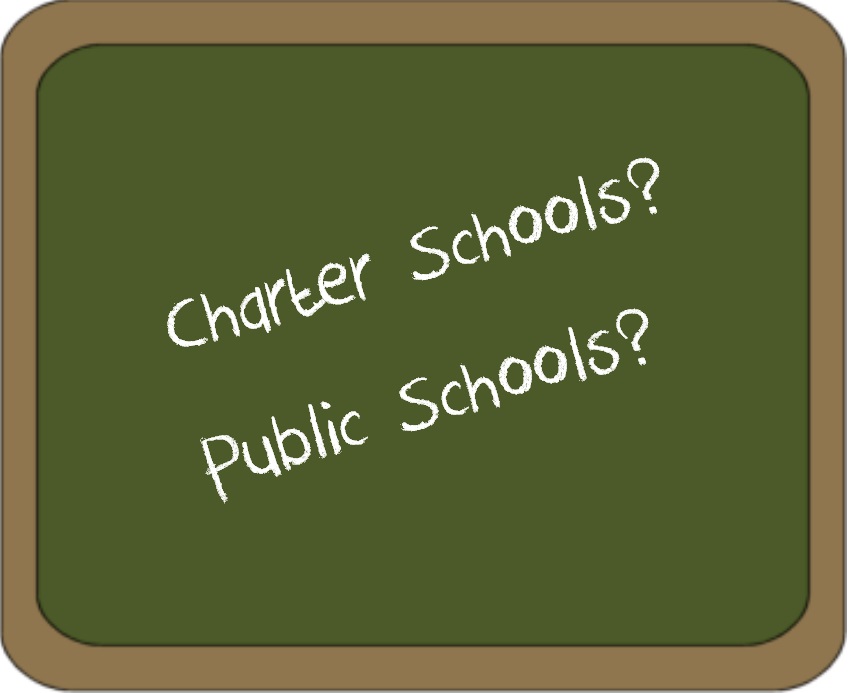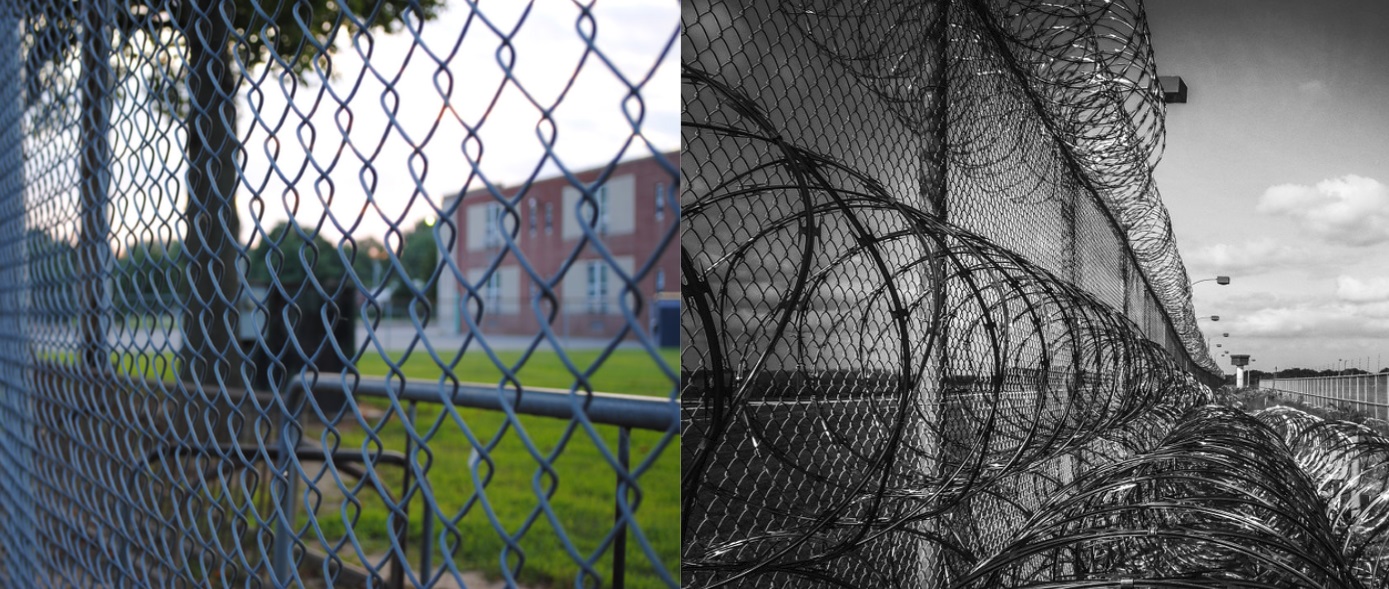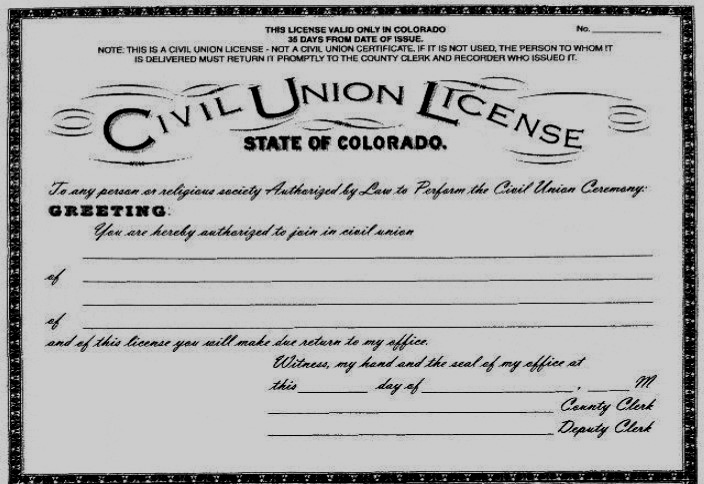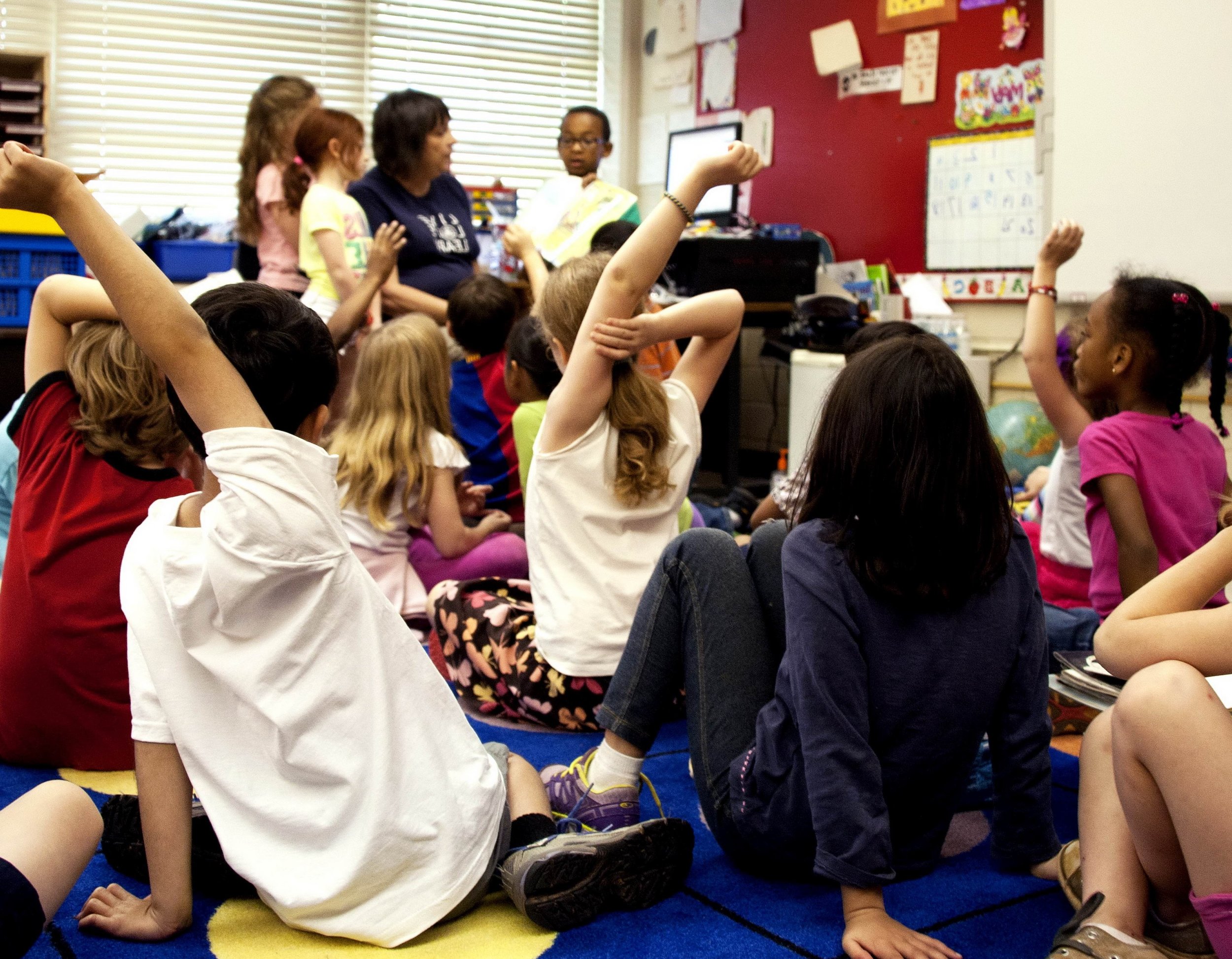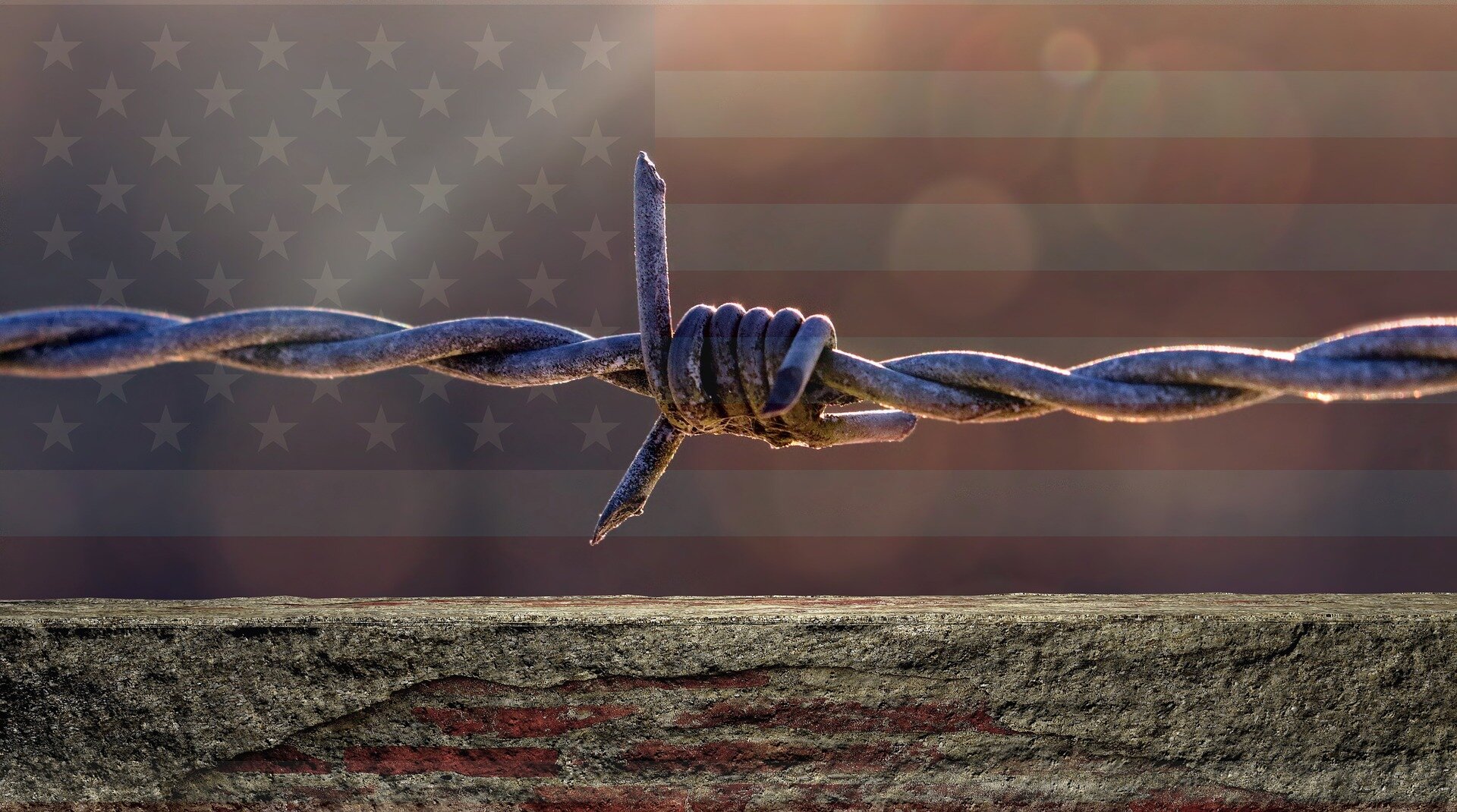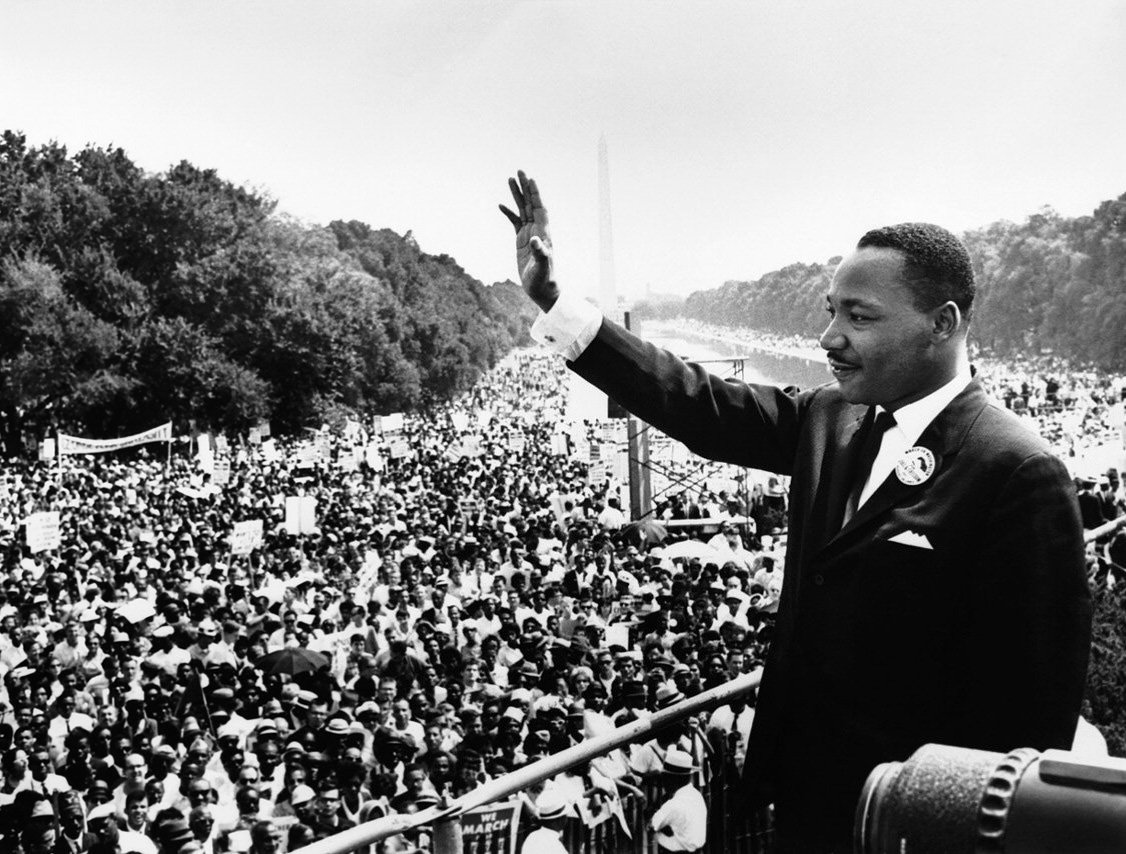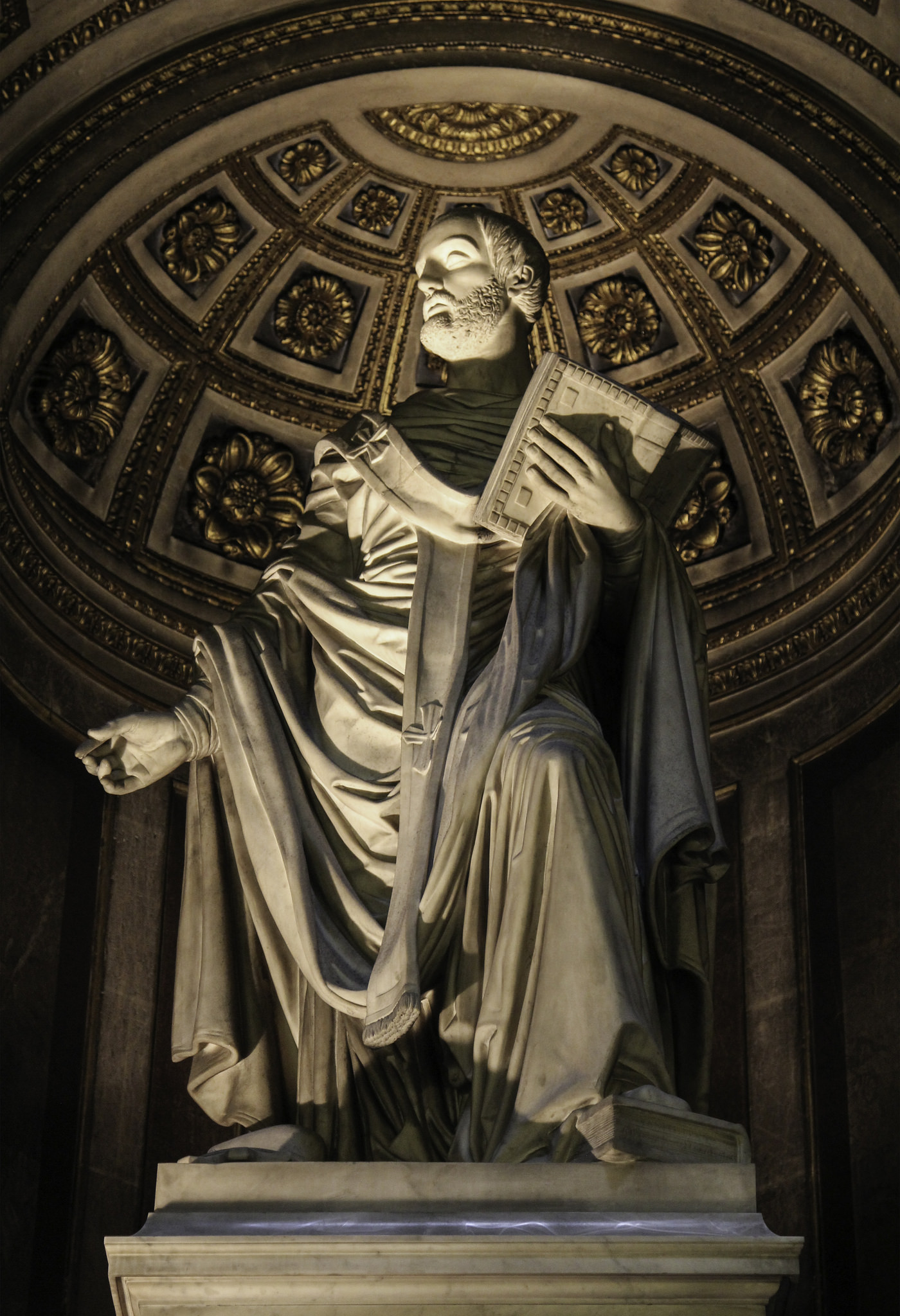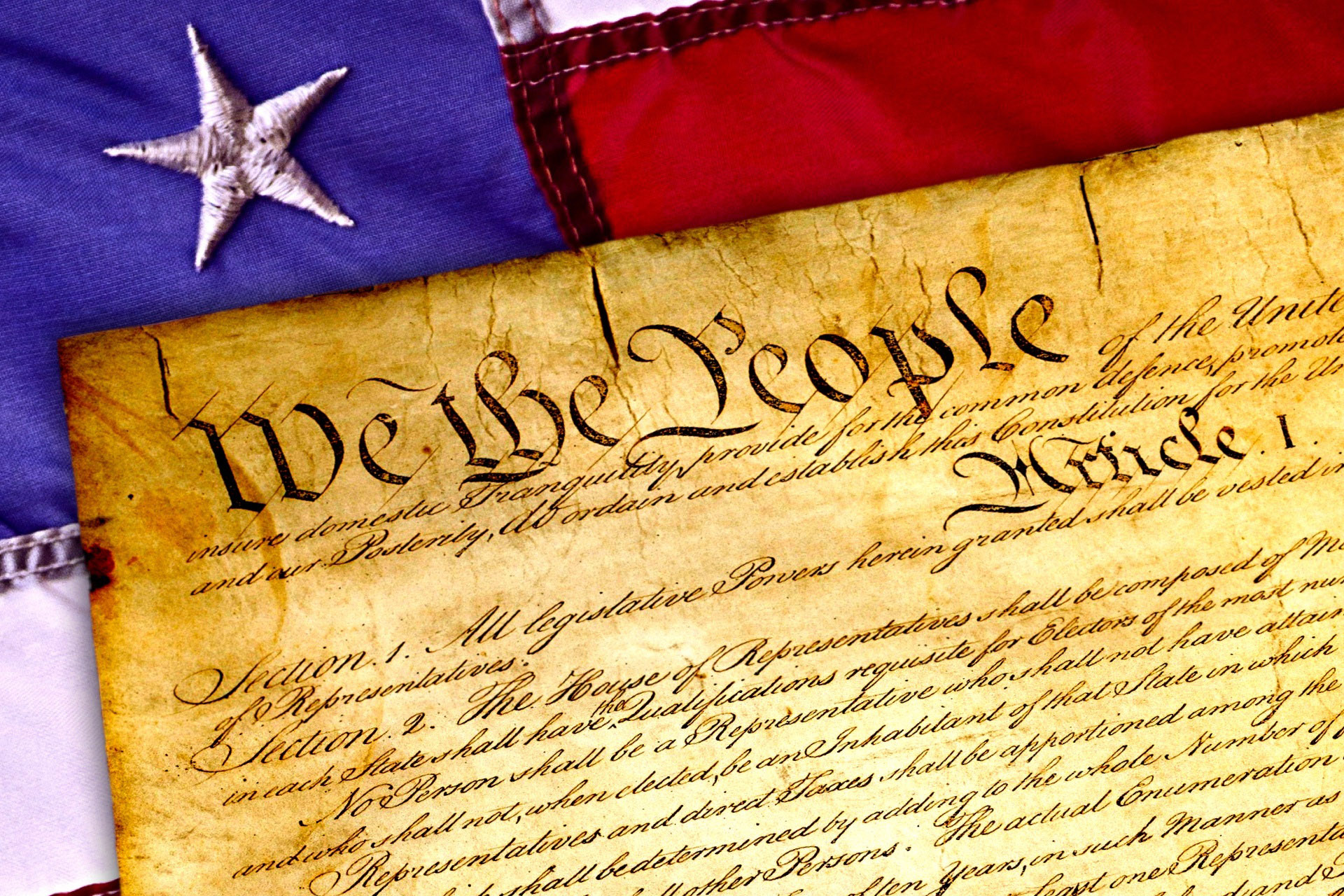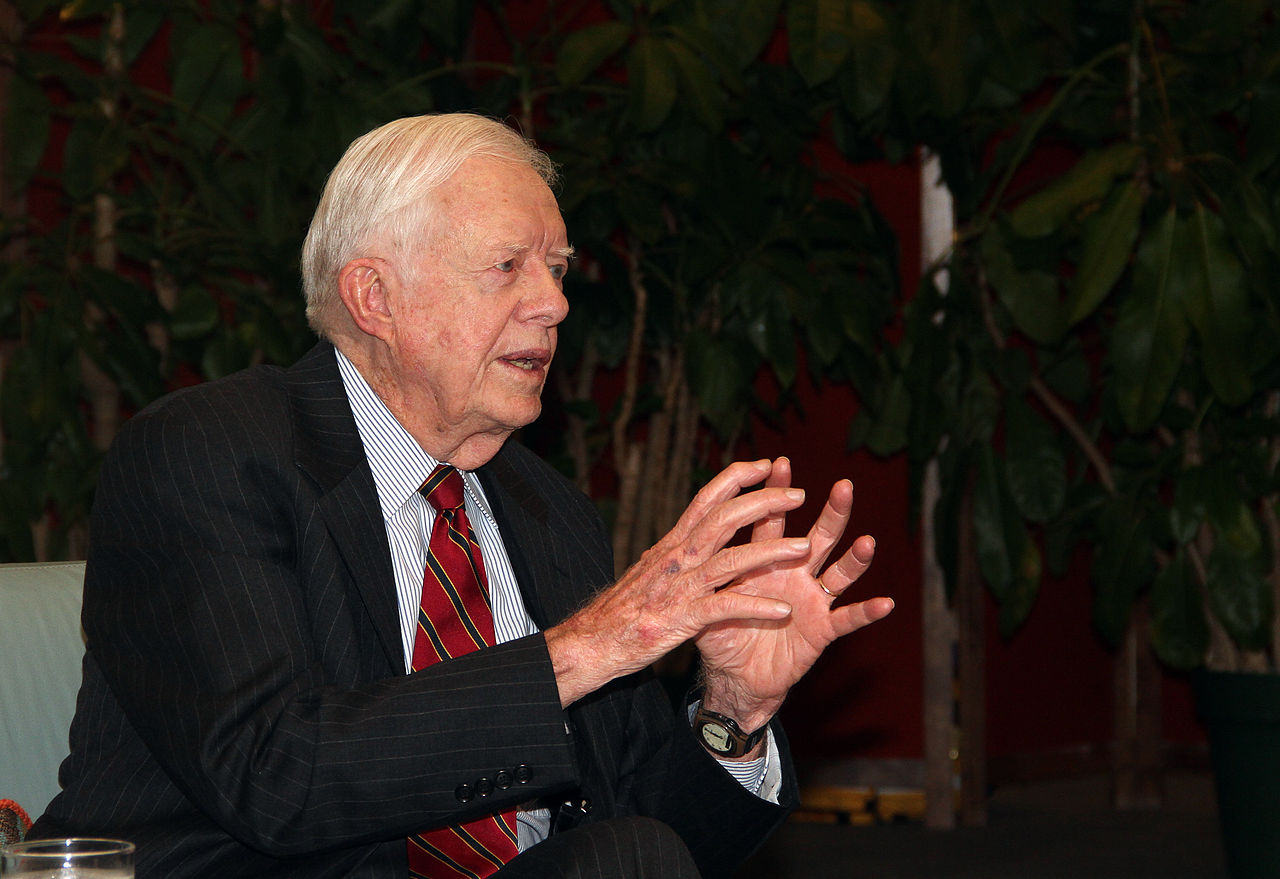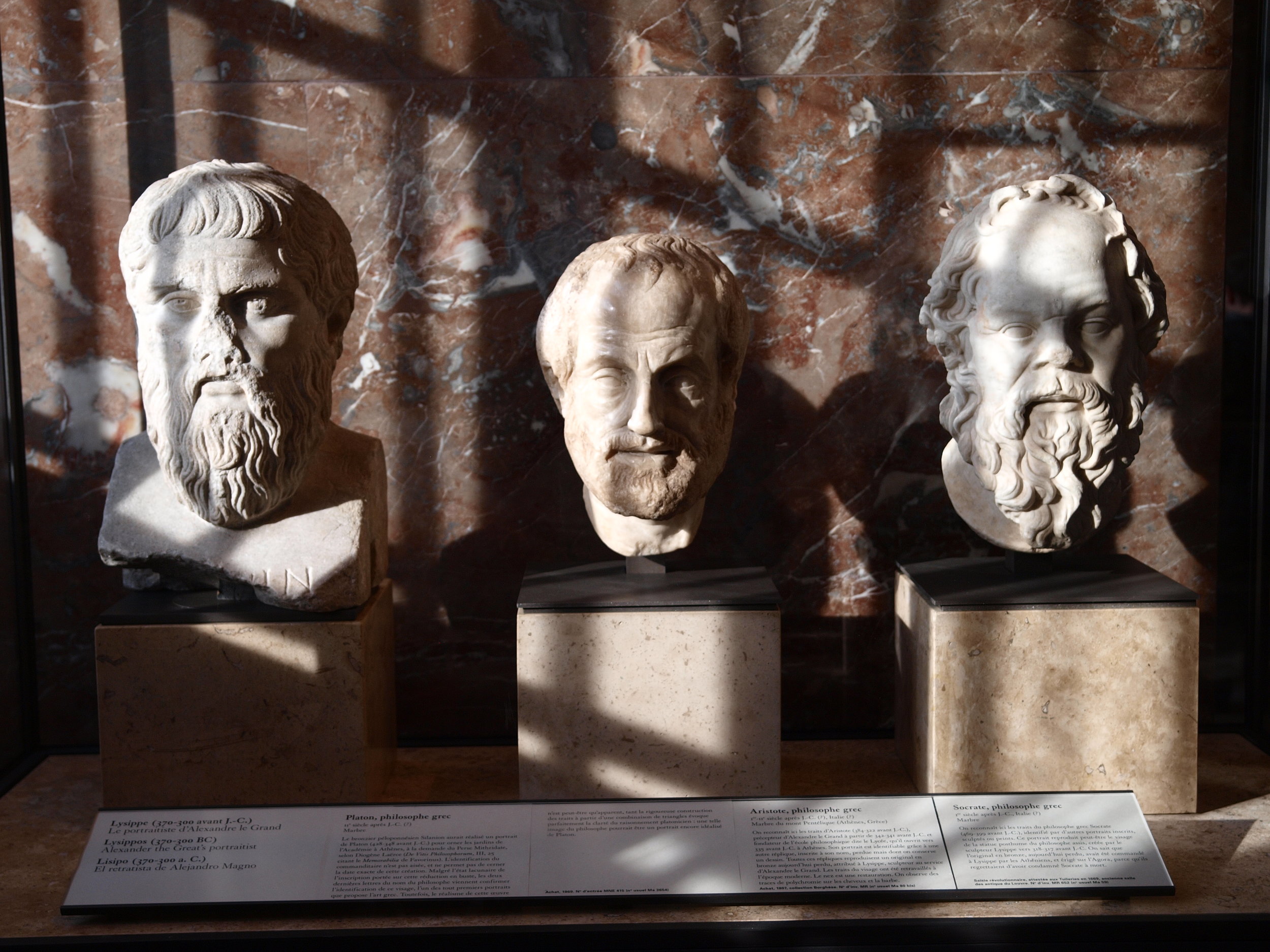Christian Restorative Justice and Education
Photo credit: Amanda Mills | CC0, Pixnio.
Introduction
Christian principles stress love for neighbor, broadly, and love for other people’s children. Christian history is replete with examples of educational efforts, literacy goals and policies, and honoring the development of children.
Messages and Resources on Christian Restorative Justice and Education
A small group discussion guide to a few major issues in public schooling, and how church communities can partner with local schools. Topics include: school financing; residential segregation; whether charter schools should be able to fire students; the school-to-prison pipeline; and the honoring of teachers.
Slides to a presentation summarizing the remarkable dignity that Christians perceived in children, who had no inherent dignity or status in pagan Greco-Roman cultures. This impacted views on infanticide, abortion, social welfare, and education. Based on outstanding research by O.M. Bakke, When Children Became People: The Birth of Childhood in Early Christianity.
Christian Restorative Justice: Beyond Charity - God's Restorative Justice for Children and Families
Slides to a presentation glancing at how Christians have historically supported children and their livelihood and development, such as for literacy and against child labor abuse.
Sangwon Yang and Mako Nagasawa, The Myth of Meritocracy in Schooling, Part 1
The Anastasis Center Blog, Nov 12, 2018. A 10 minute read. This post highlights the impact of resource inequality on educational outcomes and student experience. As background, see also the two posts about racial segregation in housing: The Myth of Meritocracy in Housing, Part 1 (blog, Nov 3, 2018), and The Myth of Meritocracy in Housing, Part 2 (blog, Nov 5, 2018)
Sangwon Yang and Mako Nagasawa, The Myth of Meritocracy in Schooling, Part 2
The Anastasis Center Blog, Nov 19, 2018. A 10 minute read. This post highlights the impact of resource inequality and racial-cultural dynamics on disciplinary outcomes and student experience.
General Resources on Christian Faith and Education
Kevin J. Burke and Avner Segall, Christianity and Its Legacy in Education. Journal of Curriculum Studies, Sep 2011. From the summary: “The authors seek to reframe the discussion of religion and schooling, arguing that to suggest that the removal of explicit prayerfulness equates to the cleansing of US public education of its religious character is facile and ahistorical. They suggest, instead, that religion remains in the language, practices, and routines of schooling but also in conceptions of the “’child” ‘ and assumptions about the role of schools emanating from such conceptions. Evoking the notion of pentimento, the piece seeks to elucidate the JudeoChristian character of schooling in the US as a way of re-imagining discussions regarding the relationship between religion and/as curriculum. The piece concludes with a discussion of the implications of such an examination for curriculum studies and teacher education.”
Ruth Lopez Turley, Does God Care About Educational Inequality. Veritas Forum, Oct 10, 2012. Turley is professor of sociology at Rice University. She gave a lecture in which she explains how her faith in Christ motivates her to research the opportunity gap.
Chris Baynes, Kenyan Teacher Who Gives 80% of His Salary to Help Poorest Students Wins Top $1m Prize. UK Independent, Mar 25, 2019.
Aaron Arnes, Why Christian Children Don’t Belong in Public Schools. The Federalist, May 2, 2019. Subtitled “Public education neither teaches nor believes in the transcendentals of truth, goodness, and beauty, the very pillars of the education that built the western world and flow from Christianity itself”. Arnes demonstrates the strange white evangelical dependence on schools rather than parents and local church leadership on discipling youth. Arnes shows that Christians often depend on social pressure, authority, and the appearance of legitimacy rather than rationality and emotional-spiritual formation.
Christian Restorative Justice and Education: Topics:
This section on Education examines the challenges and promise of good Public K-12 schools, while tracking Race and School Inequalities and Race and School Redistricting. Charter Schools and Voucher Programs examine alternative models of schooling, especially tracking their moral or programmatic failures. Classroom Restorative Justice highlights examples of the successes and costs of implementing restorative justice in schools, as one way to dismantle the School-to-Prison Pipeline. Colleges examines the socio-economic role of higher education both private and public, while Student Loan Debt spotlights the rising cost to people of that endeavor. Apprenticeships explore models of workplace learning.


